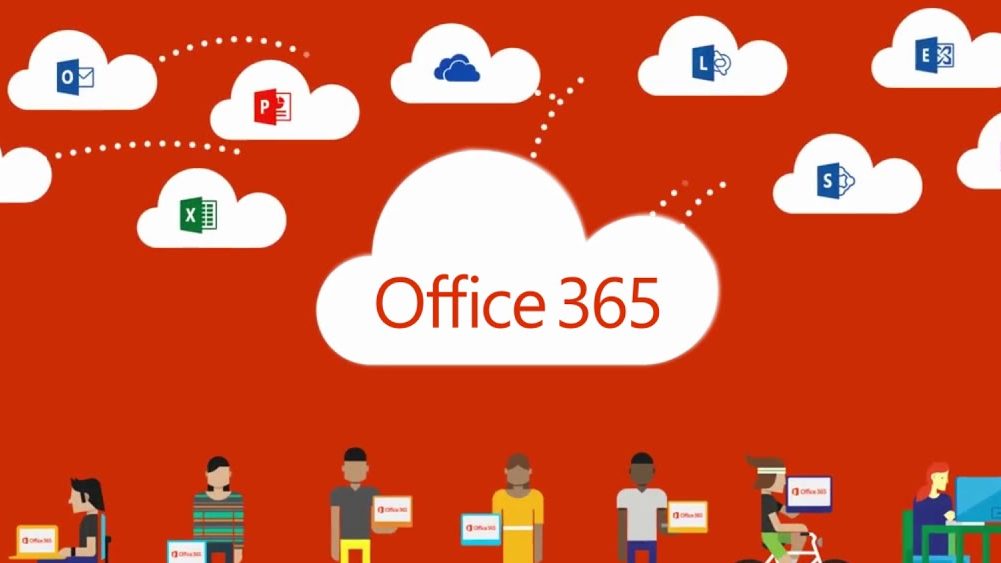
Microsoft Office 365 turned 5 years old last June! It is important to understand what improvements have been made, over that period of time, to encourage businesses to move from on premise to cloud email. While Microsoft continues to market all of the additional features that you will gain access to such as; OneDrive, Skype for Business and SharePoint, there are only a small percentage of companies who will immediately utilize those features organization wide.
Productivity Benefits:
So, what benefit does the cloud email product provide? The most important feature is 24-7-365 email continuity. Office 365 is able to offer a 99.9 percent up-time that is just not possible from most internal exchange environments. It provides the convenience of accessing email and documents from anywhere in the world, using just about any device in production. With any product there are always downsides. As much as internet dependability and speeds continue to improve there is still a wide area of locations that face bandwidth limits and challenges.
The theory of having email and documents available online with next to no disruption is a beautiful concept, however, it will not do much good without the service needed to access it. Herein lies the ultimate dilemma of on premise vs cloud environments. An in-house exchange server will allow internal mail flow even without internet and when paired with a local file server, the interruption of business production can be minimized. Unfortunately this only applies to staff working within the physical office.
Financial and Security Benefits
Cost and Security are the highest determining factors when moving email to the cloud. The ladder encompasses a vast array of areas including compliance. Below is a short list of Office 365 owned compliance certifications.
- SAS 70 / SSAE16 Assessments
- ISO 27001
- HIPAA-Business Associate Agreement
- FISMA/FedRAMP Authority to Operate
- PCI DSS Level One
While Microsoft is by no means immune to Government Subpoenas they have partnered with many third party vendors to offer at rest and in transit encryption that allow you the customer to control your data even when you move to the cloud. When weighing the cost option it is important to not only factor in the initial upfront investment and monthly costs, but also the growth factor to determine which product offers the scalability that your company needs.
Business culture is drastically calling for a work from anywhere approach. This allows employees to communicate and collaborate from anywhere at any time and Office 365 has the ability to provide just that. An estimated 70 percent of Fortune 500 companies are currently leveraging the Office 365 product and although it may not be a fit for all companies, it is important to understand how staggering that percentage is over a short 5-year period.
Still contemplating whether or not Office 365 is a good fit for you business? Contact The TNS Group today so we can discuss your present and future business needs so you can make an informed decision.
Categories: Managed Service Provider, MSP Blogs




